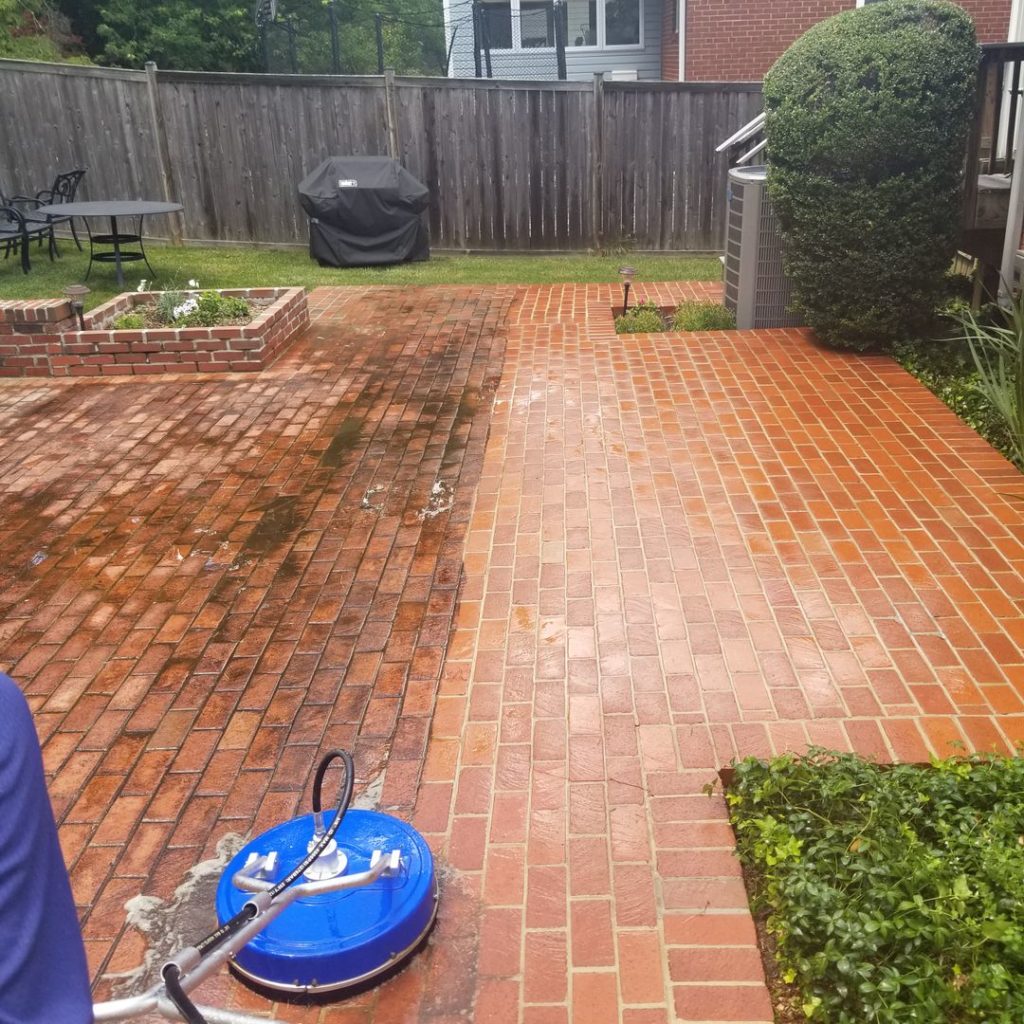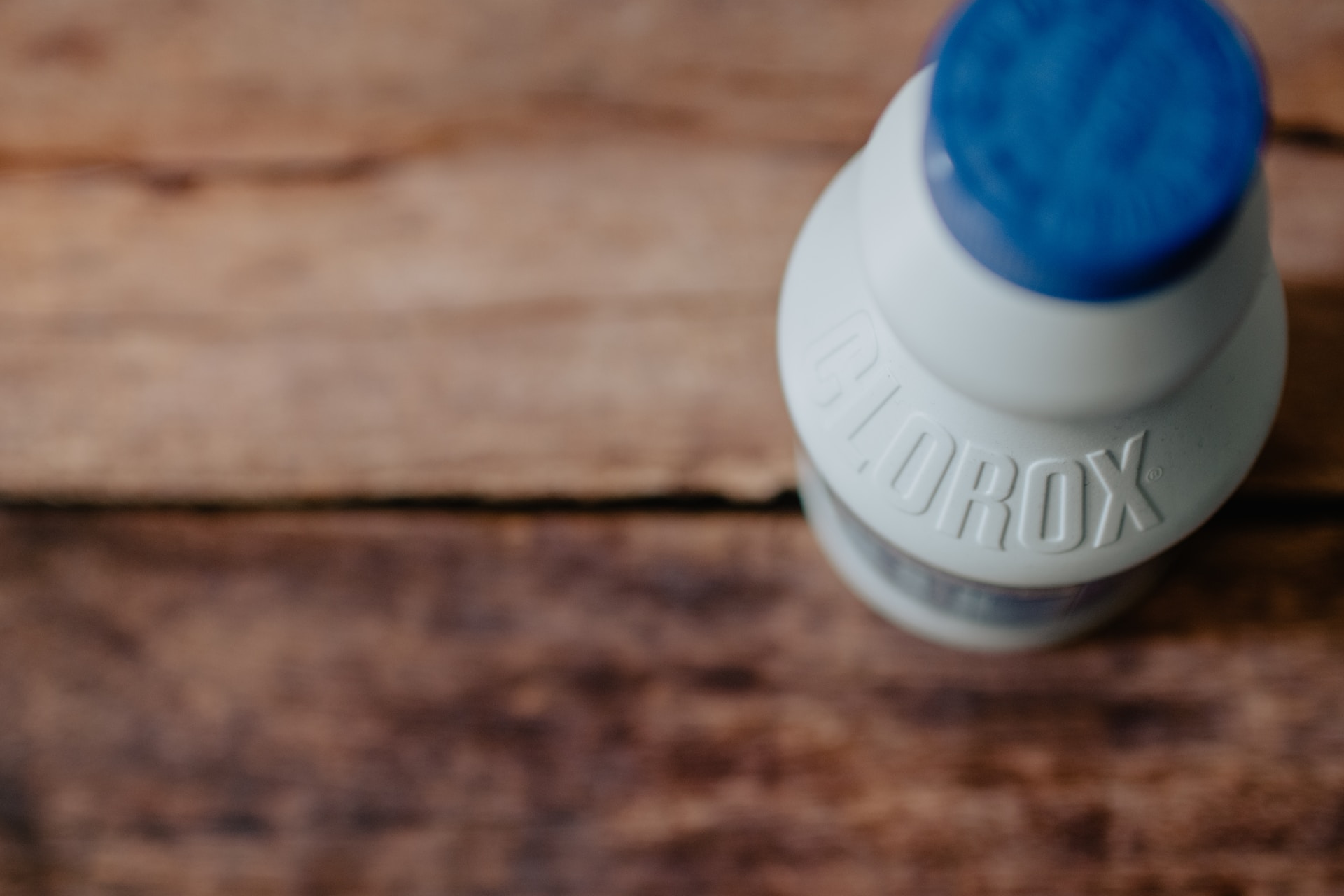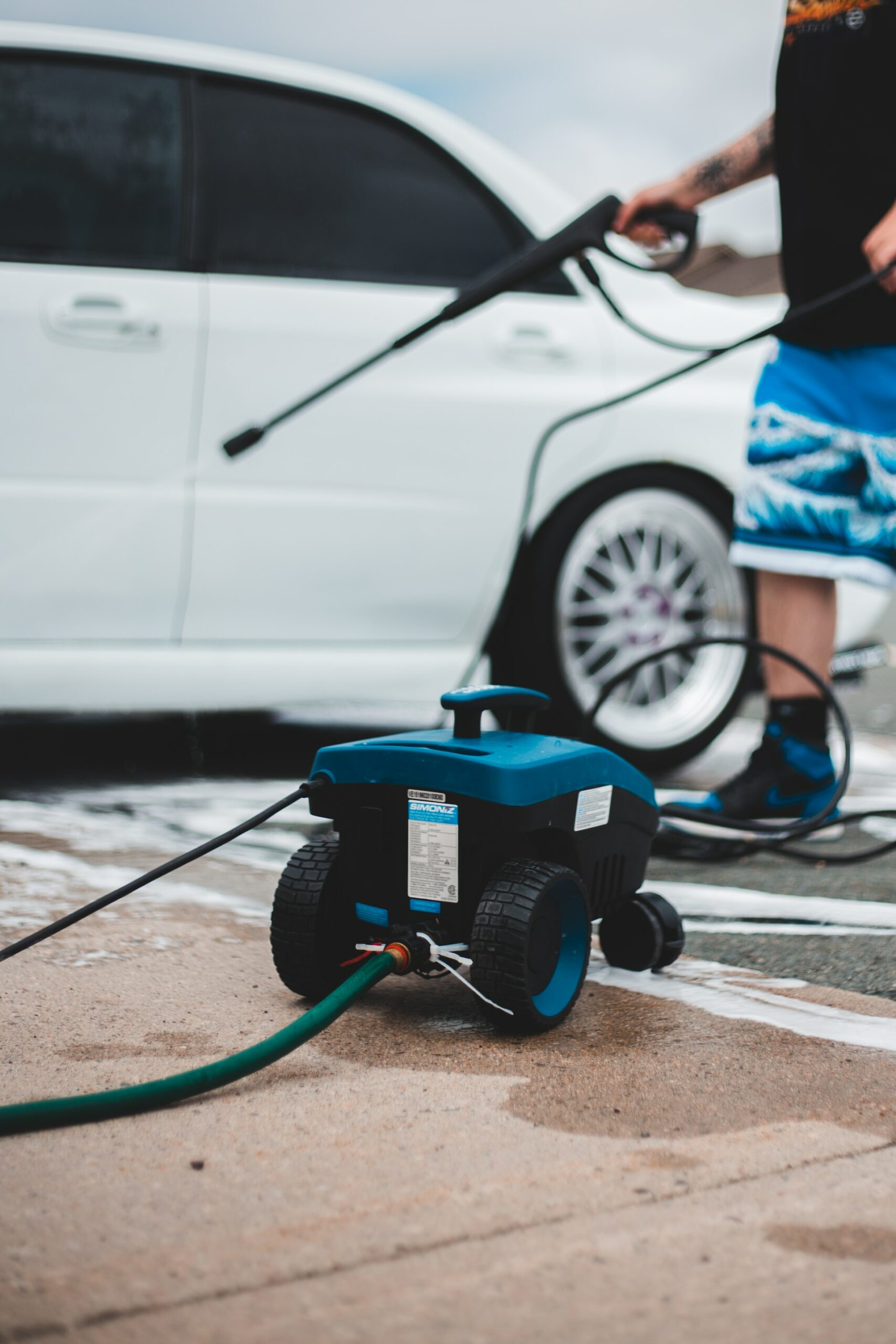There’s something oddly satisfying about pressure washing. Watching an old, neglected surface come back to life as the dirt and grime wash away. Indeed, pressure washers are powerful tools that can revitalize your property, but not all pressure washing machines were made equal. Every surface is different and requires its own special treatment. That is, do you pressure wash, soft wash, or power wash it?
With that in mind, it is vitally important that you know the pros and cons of each method if you decide to take on pressure washing yourself. After seeing satisfying results in videos online, it may be tempting to go right at it. But knowing the differences between pressure, soft, and power washing can save you from headaches and potential damage.
Let’s examine each method and its proper applications.
Pressure Washing
Pressure washing is the standard most people likely think of if they need to clean some tenacious grime. As its name implies, pressure washers use pressurized water to strip away anything built up on a solid surface: dirt, mold, grime, paint, varnish, you name it. While it uses water, don’t underestimate the power of a concentrated jet; soft surfaces such as aged wood can splinter and disintegrate from even moderate water pressure (and you don’t want to know what it can do to unprotected skin either).
When using a pressure washer, pay special attention to your distance from the surface you’re cleaning and the spray angle. The shallower the angle, the weaker the force that hits the surface. To avoid gouging and other damage, never point the water perpendicular to your cleaning surface.
If it’s your first time, start with the lowest pressure setting and work your way up until you begin to see results. Soft washing is the better choice for more delicate surfaces like old wood, brick, or mortar. Power washing could be your best bet for tougher, dirtier surfaces like driveways or concrete auto shop floors.
Common pressure washing applications: cleaning decks, house siding, pools, and fencing.
Soft Washing
Instead of a concentrated stream of high-powered water, soft washing opts for wide nozzles paired with strong cleaning chemicals. The benefit of soft washing is that it provides an excellent delivery method for cleaning chemicals. Instead of being applied by hand, the chemical cleaners can be shot through the washer so they can get deep into any dirt on a surface. Soft washing also utilizes a lower PSI, making it perfect for working on soft surfaces such as vinyl or old wooden siding.
The word “cleaning chemicals” may set off some alarm bells, but don’t worry. Cleaning solutions used in soft washing are eco-friendly and will not impact any protective coatings on the surface when used correctly. Cleaning solutions are also specific to the surface, so pay attention to what you’re cleaning and pair it with the right solution. If you use the wrong solution on the wrong surface, you risk damaging the surface or not removing dirt as effectively.
Common soft washing applications: cleaning shingles, windows, brick, mortar, masonry, and soft or old woods.
Power Washing
Power washing is for the toughest dirt, grime, and weathering. The main difference between power washing and pressure washing is heat. Power washers heat the water, which enhances the effects of typical pressure washing. In turn, hot water will work harder to strip away any residue, leading to a more pristine surface. Unlike pressure or soft washers, power washers are almost exclusively for professionals.
Another key difference is that due to a power washer’s, well… power, it can only be used on very hard surfaces like concrete. Anything softer is at risk of being severely damaged by the combined heat and water pressure.
Common power washing applications: cleaning driveways, sidewalks, stone paths, and concrete pools.
All three types of pressure washing have their merits. However, it is essential to identify which one works best with each job. For example, soft washing may not work well for a driveway, and power washing may damage your outside furniture.
A crucial step is identifying the integrity of the surface to determine which method would work best. It is better to err on the side of caution since an ineffective cleaning is much easier to fix than a damaged surface. Some equipment may not be easy to rent, or some surfaces may require experience to clean effectively.
If you’re unsure, professional washers who already know how to dial in the machine’s settings, pressure, and distance will always give you the best results. Contact our friendly experts today if you have any questions or need help with your next cleaning project.


